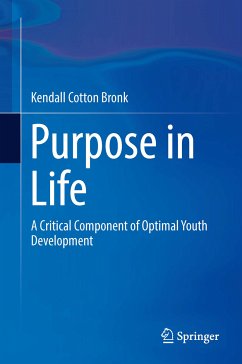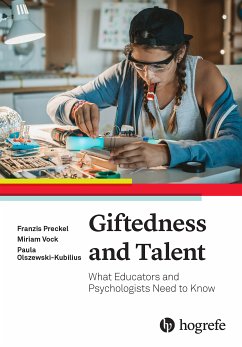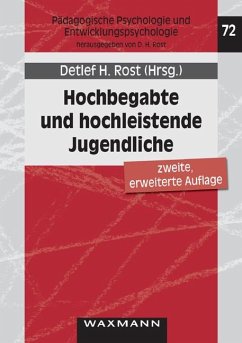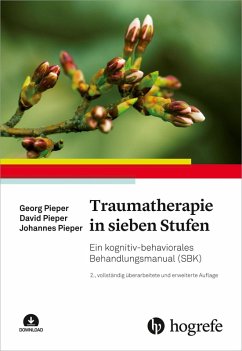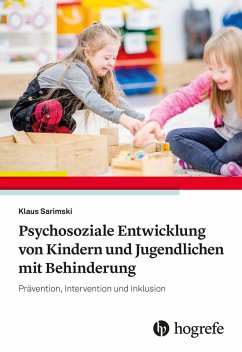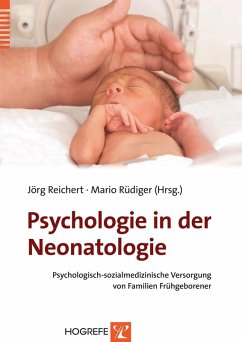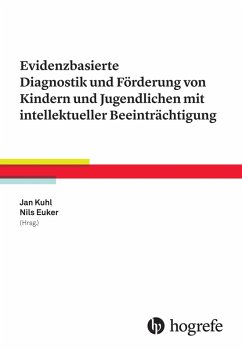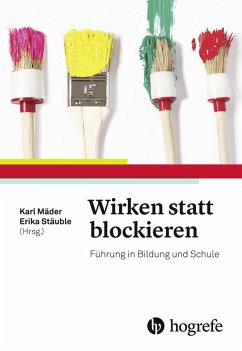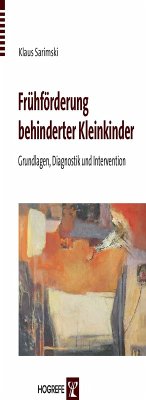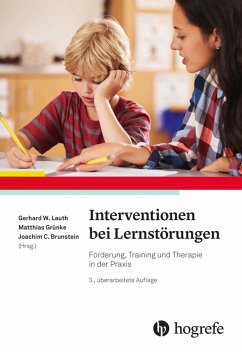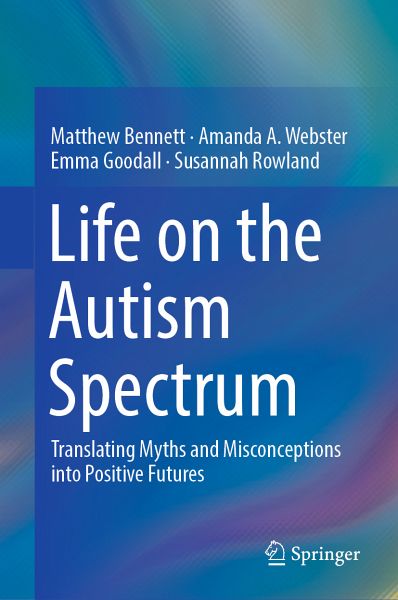
Life on the Autism Spectrum (eBook, PDF)
Translating Myths and Misconceptions into Positive Futures
Versandkostenfrei!
Sofort per Download lieferbar
56,95 €
inkl. MwSt.
Weitere Ausgaben:

PAYBACK Punkte
28 °P sammeln!
This book presents a unique exploration of common myths about autism by examining these myths through the perspectives of autistic individuals. Examining the history of attitudes and beliefs about autism and autistic people, this book highlights the ways that these beliefs are continuing to impact autistic individuals and their families, and offers insights as to how viewing these myths from an autistic perspective can facilitate the transformation of these myths into a more positive direction. From 'savant syndrome' to the conception that people with autism lack empathy, each chapter examines...
This book presents a unique exploration of common myths about autism by examining these myths through the perspectives of autistic individuals. Examining the history of attitudes and beliefs about autism and autistic people, this book highlights the ways that these beliefs are continuing to impact autistic individuals and their families, and offers insights as to how viewing these myths from an autistic perspective can facilitate the transformation of these myths into a more positive direction. From 'savant syndrome' to the conception that people with autism lack empathy, each chapter examines a different social myth - tracing its origins, highlighting the implications it has had for autistic individuals and their families, debunking misconceptions and reconstructing the myth with recommendations for current and future practice. By offering an alternative view of autistic individuals as competent and capable of constructing their own futures, this book offers researchers, practitioners, individuals and families a deeper, more accurate, more comprehensive understanding of prevalent views about the abilities of autistic individuals as well as practical ways to re-shape these into more proactive and supportive practices.
Dieser Download kann aus rechtlichen Gründen nur mit Rechnungsadresse in A, B, BG, CY, CZ, D, DK, EW, E, FIN, F, GR, HR, H, IRL, I, LT, L, LR, M, NL, PL, P, R, S, SLO, SK ausgeliefert werden.
Alle Preise in Euro und inkl. der gesetzl. MwSt. | Innerhalb Deutschlands liefern wir preisgebundene Bücher versandkostenfrei. Weitere Informationen: bitte hier klicken
Support
Bitte wähle dein Anliegen aus:
Rechnungen
Bestellstatus
Retourenschein
Storno



